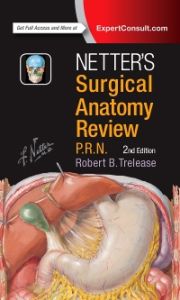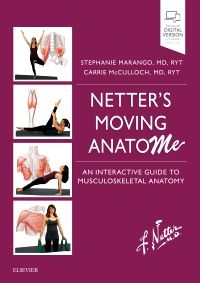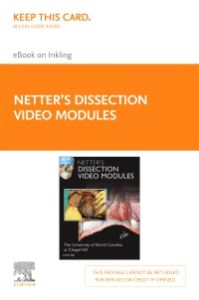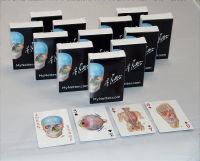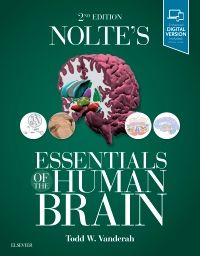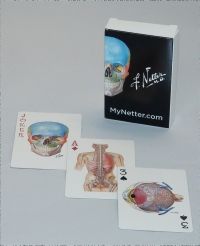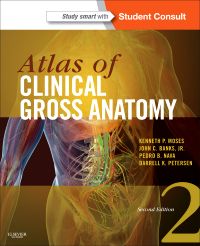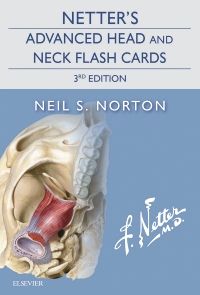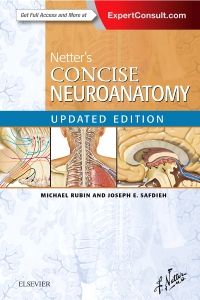Nursing Skills Online Version 4.0 Concept-Based Clinical Nursing Skills (Access Code), 1st Edition
This interactive learning system has it all: The most current evidence-based information in clinical skills and techniques paired with the first edition of Elsevier’s new concept-based skills book. Nursing Skills Online 4.0 for Concept-Based Clinical Nursing Skills features 19 modules with four to eight lessons each — and is enhanced by 900 interactive activities, 130 video clips, 95 animations and slide shows, 1100 images, 855 assessment items, and 1020 glossary terms. The structured pacing moves you strategically through chunks of information which you then apply to critical thinking tasks or case studies. Lesson quizzes allow you to evaluate your mastery of the content, and module exams feed out to a course gradebook so instructors can evaluate your progress. A new Cardiac Care module covers key cardiac monitoring skills, and new documentation activities give you invaluable practice in charting and documentation.
This interactive learning system has it all: The most current evidence-based information in clinical skills and techniques paired with the first edition of Elsevier’s new concept-based skills book. Nursing Skills Online 4.0 for Concept-Based Clinical Nursing Skills features 19 modules with four to eight lessons each — and is enhanced by 900 interactive activities, 130 video clips, 95 animations and slide shows, 1100 images, 855 assessment items, and 1020 glossary terms. The structured pacing moves you strategically through chunks of information which you then apply to critical thinking tasks or case studies. Lesson quizzes allow you to evaluate your mastery of the content, and module exams feed out to a course gradebook so instructors can evaluate your progress. A new Cardiac Care module covers key cardiac monitoring skills, and new documentation activities give you invaluable practice in charting and documentation.
New to this edition
- NEW! Cardiac Care module covers vital skills related to cardiac monitoring.
- NEW! UNIQUE! Documentation activities help you practice accurate charting and documentation skills which are vital to develop early in your educational experience.
- NEW! Videos clips with closed captions and audio scripting updated to include the latest standards of nursing care.
- NEW! Focus on interprofessional education (IPE) and safety helps you better understand how to communicate with the whole healthcare team.
Key Features
- Case-based/problem-oriented format for learning activities provides you with real-life patient scenarios and promotes critical thinking.
- QSEN correlated headings and exercises helps you better understand the six Quality and Safety Education for Nurses (QSEN) core competencies.
- UPDATED Learning activities throughout text include the latest accessibility standards.
- Lesson Post Tests provide an immediate score upon completion including rationales behind correct responses.
- Printable procedure guidelines enable you to study and learn anywhere you go.
- Self-assessment exercises allow you to test your knowledge of key concepts including correct answers and rationales for immediate feedback.
- Safety Considerations screens address the global safety issues in play for the lesson topic.
- Patient Centered Care screens address variations in approaches to patients of varied cultures and ages during the performance of the skill.
- Teamwork and Collaboration screens include information on delegation, as well as cooperation with other healthcare professionals who may have input in to patient welfare (physical therapists, nutritionists, respiratory therapists, pharmacists, etc.).
- Quality Improvement exercises present critical thinking challenges, prodding you to use patient care data to improve outcomes.
- Frequent interactivity enhances your learning and engagement with content to make understanding complex concepts easier.
- Objectives, Equipment lists, and Delegation responsibilities at the beginning of each lesson help focus your attention.
- Answer Guide provides instructors with an easy reference tool to use for answering student questions about exercises and quiz/exam answers/rationales.
Author Information





